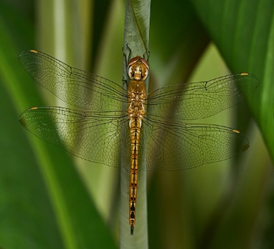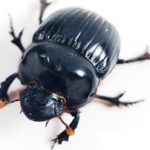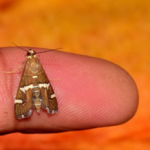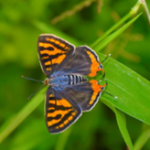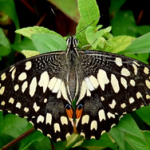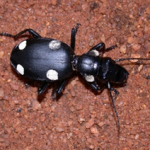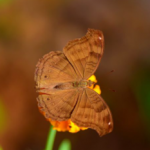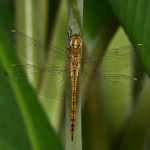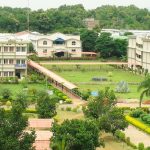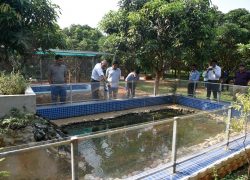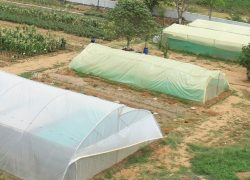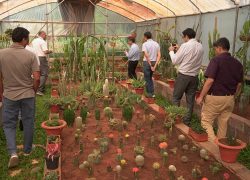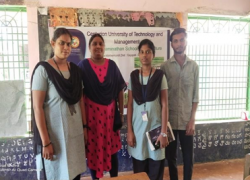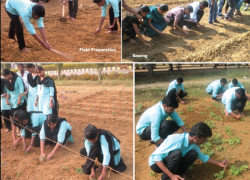Centurion University’s Commitment to Biodiversity Conservation
Centurion University has extensive and well-planned campuses in Bhubaneswar, Parlakhemundi, Rayagada and Balangir, with 25% of the land area dedicated to green spaces. It has fostered renewable energy use and water conservation measures so as to reduce its carbon footprints. It has robust infrastructure in terms of quality and capacity to ensure that each student has access to the relevant facilities and a conducive environment for realizing the planned learning outcomes. A number of initiatives have been taken for the protection of the environment such as a tobacco and alcohol-free campus, Plastic-free campus, Conversion of biodegradable waste into biofertilizer, Plantation of trees, Regular cleanliness drive, Soil Conservation through plantation and contour development, Rain water harvesting, Energy Management practices, Regular awareness drive and competitions organized by Green Club, Erection of Grid interactive solar power plant, Waste water recycling through gardening, Annual census of floral and faunal resources, etc.
Centurion University is dedicated to maintaining and enhancing biodiversity, including flora and fauna, within its campus ecosystems. The University actively contributes to protecting threatened ecosystems and conducting biodiversity studies.
Centurion University’s campuses, particularly in Gajapati and Bhubaneswar, host diverse ecosystems. These ecosystems support a wide variety of wildlife, including trees, birds, butterflies, insects, arthropods, mammals, reptiles, amphibians, and more. It conducts extensive biodiversity studies to document the richness of its ecosystems. This includes cataloguing tree species, bird species, insects, and other wildlife. Through systematic sampling, the university identified a total of 39 woody tree species, enriching the campus environment. Prominent species like Teak and Mango contribute to the local biodiversity.
A total of 33 bird species, 15 mammal species, and 11 reptile species have been observed on campus. These observations contribute valuable data for understanding and conserving local fauna. The University’s commitment to biodiversity extends to insects and arthropods. The campus hosts 104 species of insects, with pollinators playing a crucial role in supporting the environment, thus actively engaging in afforestation and reforestation efforts, ensuring the preservation and restoration of biodiversity within its campuses. The University’s Plant Tissue Culture Laboratory plays a crucial role in maintaining biodiversity by providing healthy starter plants, including banana, pineapple, and ornamental plants. This initiative aims to offer academic training, research opportunities, and skill development to students while benefiting tribal farmers and rural communities.
Centurion University’s campuses are designed to reduce their carbon footprint, with a focus on renewable energy use and water conservation. These efforts align with responsible land and resource management, contributing to biodiversity conservation. The University prioritizes the preservation and enhancement of biodiversity within its campuses through biodiversity studies, afforestation, and sustainable land management and utilisation. This way, the university is dedicated to protecting threatened ecosystems and promoting biodiversity conservation.
